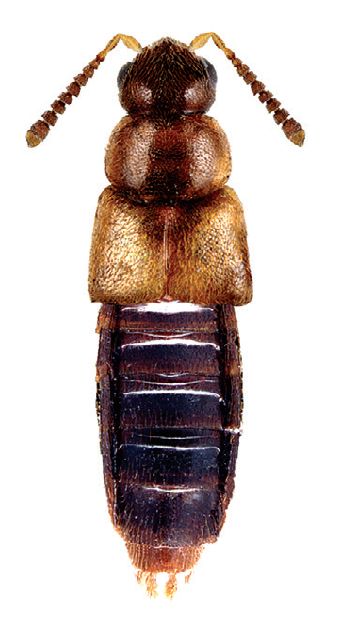The cannabis industry has a pest and sustainability problem. Here’s how Lightshade is tackling both.
Plants attract pests. Whether it’s from bugs or birds, they have a target on their backs. And cannabis grow operations have to contend with these weed-obsessed intruders.
Too many cannabis grows use toxic pesticides for pest control. Unscrupulous growers carelessly spray crops to save money or avoid failure. Mite infestations spread like wildfire, and desperate growers can’t come to terms with the possibility of taking a loss, so they sacrifice the health of consumers (and our planet).
And that’s not okay.
We unflinchingly look at our processes to identify areas of improvement (from sustainability and planetary health perspectives). We find the good, the bad, and the ugly, and we make changes.
Here’s how Lightshade is caring for your health and the health of our planet.
Biocontrols – fighting pests with pests.
We’ve never used harmful pesticides. Instead, we give pests a taste of their own medicine. Biocontrols unleash beneficial bugs (yes, there are helpful insects) to eliminate the possibility of contamination from their less savory cousins.
Here’s how it works: our growers maintain a baseline of beneficial insects to watch over the crop. They’re perpetually hunting pests. If a visitor brings unsavory friends (for example, spider mites) into the grow, our helpful pests get rid of them before anyone knows there could have been a problem. It’s guerilla warfare on a micro-scale.
A shortlist of beneficial living organisms:
- Dalotia Coriaria (aka the Greenhouse Rove Beetle)
- Stratiolaelaps (beneficial mite)
- Amblyseius andersoni (beneficial predatory mite)
Chemical-free pest management offers a solution to pests by using biological control agents. Biological control agents, also known as beneficial insects, are predatory mites and insects in various stages of development. By releasing beneficial insects into a garden space, you introduce natural predators to the common pests that damage your crop. Beneficial insects can be used as a preventative measure or for treating outbreaks, saving growers from having to resort to harmful or illegal pesticides.”—Leafly

Why are pesticides harmful?
The word ‘pesticide’ covers everything from fungicides to prevent mildew and mold, to herbicides for eliminating weeds, to insecticides to control bugs (and not the beneficial kind). All pesticides aren’t necessarily harmful to people (where the planet is concerned, that’s another story). But you still don’t want to smoke them.
Relatively inert pesticides become harmful when combusted and inhaled. And while more research needs to be done before we can speak to or understand the full scope of health problems related to burned and inhaled pesticides, we encourage you to err on the side of caution. That’s what we’ve done, and it’s why we’ve never used pesticides in our grows.
*Click here for the Colorado Department of Agriculture’s (CDA) list of pesticides approved for use in cannabis grows.
Our overall sustainable practices.
In states like Colorado, where cannabis is legal, attention is increasingly focused on the sustainability impacts of our industry. We’ve initiated a sustainability program to reduce our environmental footprint. Here’s how:
- Last year we completed the construction of our state-of-the-art 40,000 square foot greenhouse. Our newest cultivation facility uses natural light for the entire year. Supplemental artificial light is used for only 6 months out of the year. And, our greenhouse is cooled through water evaporation which cuts our overall energy consumption by half. Also, every drop of water is recycled, allowing us to decrease nutrient and water consumption by 50 percent.
- Lightshade’s original cultivation facilities always have and will always use organic pest control methods.
- We use LED lighting and high-efficiency climate control systems at each Lightshade Denver, Aurora, and Federal Heights dispensary. And our Colorado dispensaries use single-stream recycling containers to house every piece of waste produced.
- We switched our packaging last year to bags that use 85 percent less plastic than our previous drams. We’ve also partnered with Green for Green. They placed recycling bins at each dispensary – customers can return spent drams for cleaning and reuse.
“Commercial buildings represent 35 percent of citywide emissions, and – as cannabis businesses occupy an increasing amount of commercial building space – the cannabis industry plays an important role in helping the community meet its emission reduction targets.”—Cannabis Environmental Best Management Practices Guide, Denver Public Health and Environment
Our commitment to the community and the environment is unwavering. And we are always looking at ways to improve. This year our cultivation team is sitting on the City of Denver’s sustainability committee and a committee for organic certification. Ligthshade is also working toward the goal of receiving organic certification – we’ll be one of the first grows in Colorado to earn this designation.
Are you interested in learning more about what Lightshade is doing to support the health of our community and the environment? Get in touch!